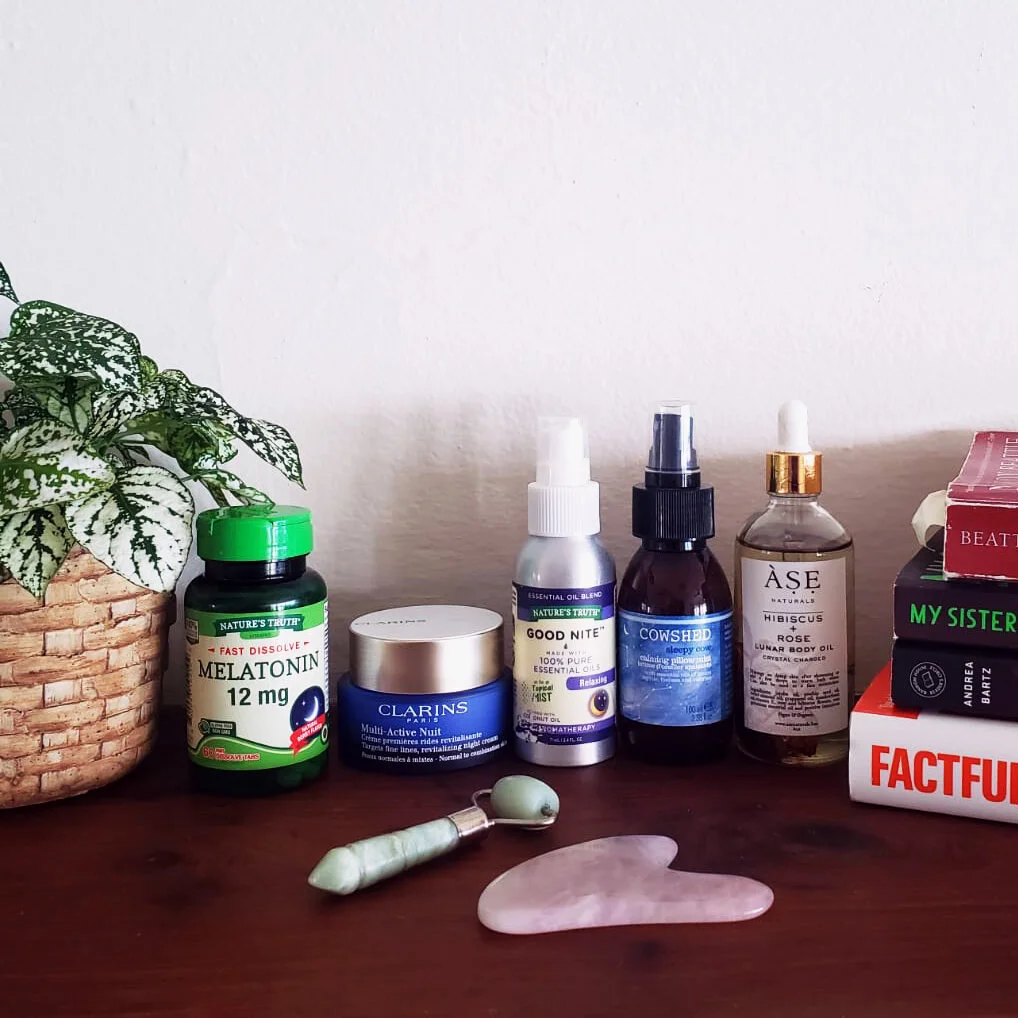7 Things You May Not Know About Kidney Health
The year is 2021 and March has arrived like the smell of fresh flowers in spring. Each month, health experts focus on promoting prevention amongst chronic illnesses, and March is a focus on Kidney Health. In the United States the risk of developing Chronic Kidney Disease (CKD), is 13% of their 328.2 million population. According to the Pan-American Health Organization CKD is common among middle to low-income homes with minimal socio-economic contributions throughout Central America and the Caribbean. In fact, there is growing concern that males involved in the agriculture industries at affected most by this disease due to misuse of agrochemicals, insufficient occupational health, and poor daily water consumption.
Kidney health is greatly impacted by the habits one takes into practice on a daily basis. Also, the onset of CKD can be brought on by pre-existing conditions related to diabetes and hypertension.
1. Fats can impact kidney function.
Excess consumption of red meat can impact your kidney health. When an overload of red-meat is consumed in one meal or in a series of meals consecutively, sulfur is generated by the gut microbiota in an attempt to break up the fats from these harmful meats. The body attempts to metabolize this sulfur and in turn, a large volume of acids develop. This development of renal acid can lead to kidney acidosis – a condition in which the kidneys cannot filter acids fast enough. This can obviously be very destructive to the kidneys and their function.
Meats like cheese, beef, pork, and eggs can all be harmful if not prepared in their healthiest forms. This is why baking, broiling, and grilling tend to be less harmful to human health. It is also important that when considering healthy meals, one must not forget to eat fruit and vegetables in abundance and at every meal. The World Health Organization (WHO) recommends 5-6 servings of fruit and vegetables every day. To accomplish this, consume vegetables with lean meats and ensure the vegetables take up half of your plate.
2. Exercise helps keep kidneys healthy.
Being sedentary or sitting for long periods in a day can lead to issues in kidney function. While more research is needed to understand the relationship between keeping still and kidney health, there is significant research available on how exercise can help with biological responses like metabolizing glucose and lowering blood pressure. Controlling both these factors can severely impact your kidney health.
The WHO recommends that each individual should embark upon both aerobic (running, walking, cycling, swimming) and muscle-strengthening activities (push-ups, pull-ups, CrossFit, Weight lifting) to support health but more importantly kidney health. The 2018 Physical Activity Guidelines for Americans explains that all adults should aim to have 150 minutes of exercise each week, a mix of aerobic and strength training. To simplify, this is 30mins of exercise over 5 days a week or 60mins of exercise 3 days a week.
3. Water can be your savior.
Be mindful of the types of beverages you consume each day. When concerned about hydration levels it is important to think “water” and not “beverage.” To maintain healthy kidney function researchers tell us that each individual should aim to have 1.5 to 2Litres of water a day, that’s a minimum of 8 glasses of 8oz of water. Of course, the health of an individual dictates the accurate amount of water any individual needs. If you have had a kidney stone and want to avoid them from reoccurring, it is important you’re your water intake is increased as a means of added protection.
Dehydration can negatively impact kidney function. In fact, 60-70% of body weight is made up of water. Drinking sufficient water helps with major organ functions. For the renal system (kidneys) this means water added to blood helps with remove waste products from the blood to form urine. Water also supports blood vessels by keeping them dilated to allow for a strong flow of blood through the kidneys for the removal of excess waste from the blood. Frequent dehydration, even if mild, can lead to permanent kidney damage.
4. Technology is evolving to aid kidney health.
Each person is born with two kidneys but we really only need one operational kidney organ to survive. If a person reaches stage 5 CKD, due to both kidneys failing to function properly, then the only option for survival is either weekly attachment to a dialysis machine for removal of toxins from the body OR kidney transplant.
Genetically Modified Foods GMO)’s are now creeping into our grocery baskets. There is major speculation over the safety of Genetically-modified foods, especially for those at risk of kidney failure. Genetically modified (GMO) foods have come about to reduce: risk of food allergy, increase crop yields, Pesticide use, create biodiversity & reduce environmental impact, and reduced cost for fresh foods. However, while food regulators have not found any impacts on health from GMO foods, those with a risk of kidney issues should be mindful that these byproducts can impact their kidney function.
Regulators have now made it mandatory to have added GMO that are detectable, mentioned on food labels to assist persons with health concerns. Nutritionists suggest that you pay attention to food labels if you have been diagnosed with kidney disease or have a family history of kidney issues.
Urban Farming has now become excessively popular at providing food for growing global demand. Nowadays, produce is not just from farmlands but from urban farm resources such as metropolitan roof-tops, indoor farms, vertical farms, living (edible) walls, community gardens, and more. Now more than ever, access to healthy foods is becoming even more convenient for consumers and farmers. This means that persons with health concerns like the risk of kidney disease can rest easy that they have better access, to healthy and affordable foods to protect them and their family. For more information on urban farming, check out this BBC broadcast of Follow the Food to learn about the advancement of technology in farming to support healthcare systems and the growing demand for healthy foods: https://www.bbc.com/future/bespoke/follow-the-food/
Medical visualization is a new and developing technology that is changing the health care industry. Medical visualization allows for data to be simplified for patients to understand how their health is being or expected to be impacted. Medical experts use patterns and correlations to help diagnose a patient’s health. They use single-subject data to create a visualization for the patient to see their organ in 3D form. Researchers like Zuzana Borovanska, an MSc student in Medical Visualization & Human Anatomy from the University of Glasgow have some beautiful visuals for you to look at and get a better understanding of how to prevent kidney disease. Check out her website at: www.artstation.com/zuzanaborovanska
5. Over-using painkillers can have a negative impact on kidney function.
Over-the-counter medication can damage kidneys. Medication like Ibuprofen, naproxen can damage kidneys if taken for prolonged periods to minimize chronic pain, headaches, or arthritis. Those of us without kidney issues are not at risk. However, taking these forms of medications daily can lead to poor kidney function. It is advised that you consult a doctor to find a treatment plan that best suits and protects you. Sugars, Salts & Alcohol are your worst enemies.
6. You might be experiencing symptoms of kidney failure now.
Here are some symptoms that might indicate that you have kidney issues:
Feeling more tired than usual or poor cognitive skills.
Trouble sleeping.
Dry or Itchy Skin.
Increased need to urinate.
Blood present in urine.
Foam present in urine.
Persistent puffiness around the eyes.
Swollen ankles or feet
Poor Appetite.
Cramping muscles, not due to exercise.
If you are worried about your own kidney health, reach out to your healthcare provider.












